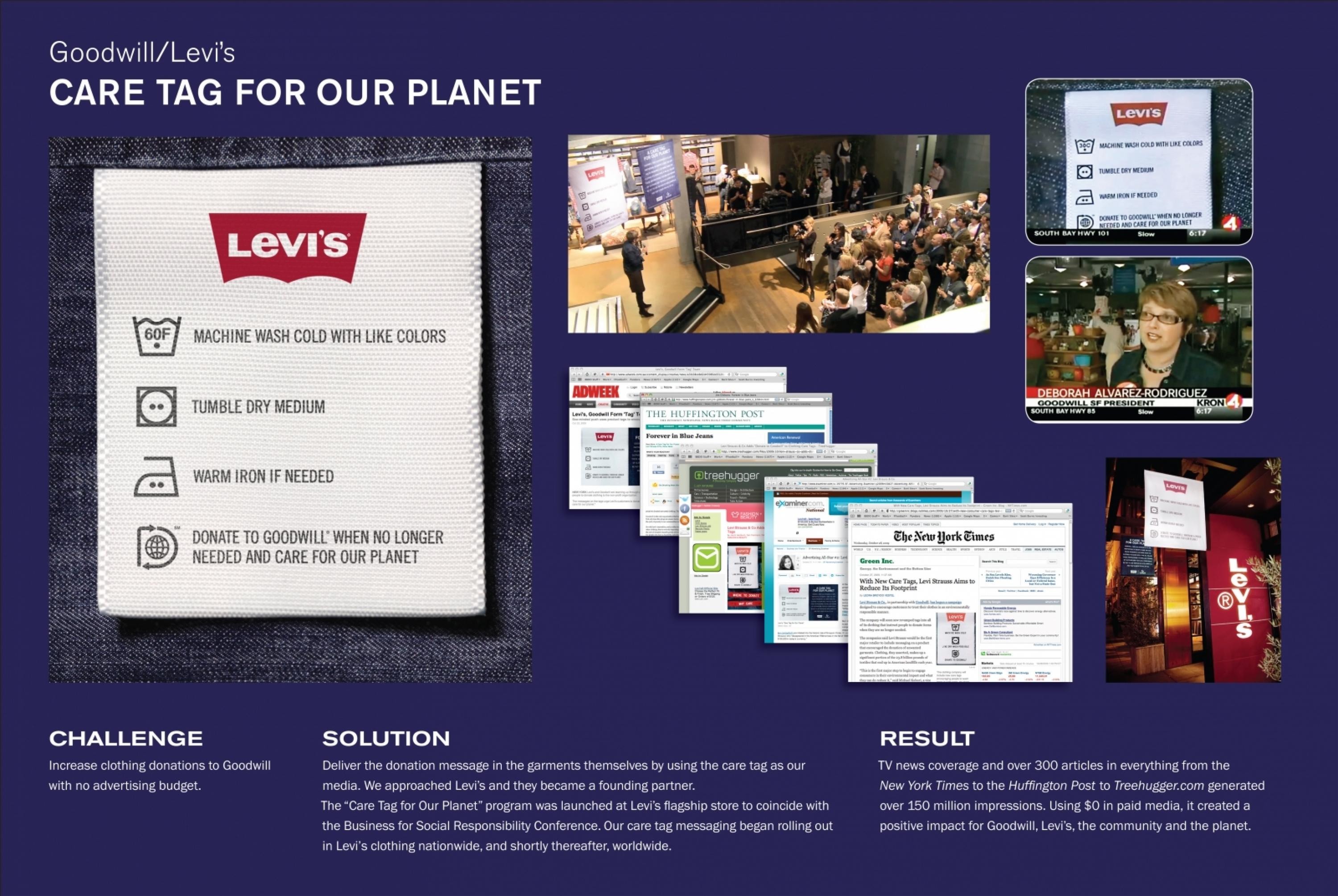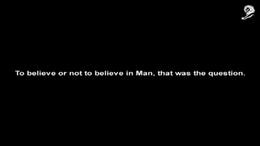Cannes Lions
Change The Ending
ABOVE+BEYOND, London / ALZHEIMER'S RESEARCH UK / 2024


Overview
Entries
Credits
OVERVIEW
Background
Alzheimer’s Research UK needed to launch their new brand platform, For A Cure, with creative that marked a step change for the brand – moving from education to stimulating action.
The campaign was the first step in a long-term strategy to build awareness of Alzheimer’s Research UK, ensure distinction from Alzheimer’s Society and increase donations to fund research.
Success would be measured by creating conversation, perception change and building the propensity to act.
We identified some key barriers to engaging with the disease which we planned to tackle – the fact that dementia is hidden away, considered inevitable, something that doesn’t affect you until later in life and and with no way to support.
Through subverting the expected tropes of fairy tales and showing the reality of dementia our film stopped people in their tracks and urged people to join Alzheimer’s Research UK in their mission to find a cure.
Idea
Our powerful creative concept ‘Change The Ending’ parodied the fairytale ‘happily ever
after’, executed in Disney-style animation. The story subverted a happy ending into the sad reality of life with dementia, reminding us that life isn’t a fairytale, and why Alzheimer’s Research UK is working for a cure. The soundtrack was composed to seamlessly weave through multiple chapters, firstly the ‘happily ever after’, using a rich and evocative golden era orchestral sound, and slowly morphing into the inevitable, tragic cognitive decline - sounded by smaller, disconnected solo instrumentation. The final chapter is achieved with muted human vocals and soft solo strings, for a poignant and stark finish that allows space for Olivia’s VO. We broke with convention, creating a 120" film as we were confident the messaging and creative was powerful enough to captivate audiences and launch them into action to help Alzheimer's Research UK find a cure.
Strategy
We focused our campaign on a target audience we called Life Maximisers – broadly affluent and 40-59, whose attitudes include enjoying life to the full, believe that family is everything, have dreams for the future and consider old
age and health problems a long way off.
Our powerful creative concept ‘Change The Ending’ parodied the fairytale ‘happily ever
after’, executed in Disney-style animation.
We identified some key barriers to engaging with the disease which we planned to tackle – the fact that dementia is hidden away, is considered inevitable, something that doesn’t affect you until later in life and with no way to support.
Through subverting the expected tropes of fairy tales and showing the reality of dementia our film stopped people in their tracks and urged people to join Alzheimer’s Research UK in their mission to find a cure.
Execution
The challenge was to create a film that felt classic and familiar but give it a heightened sense and atmosphere to carry the weight of the emotional story. We chose animation to bring a detachment from reality that sparks an “it’ll never happen to me” mindset in the audience. The style is reminiscent of Disney movies, connecting audiences to the familiar “happily ever after” format creating a hyper-emotive way to story-tell.
The film has been traditionally animated with every frame drawn, coloured and cleaned-up by hand. Referencing traditional fairy-tale animations that would have been hand inked onto cels, each frame is still painted fully by hand and you can see that craft on the screen. The world is tied together with effects like rays of sunshine and cold breath in the air, making the animated characters feel at one with the painterly backgrounds.
We launched the new campaign on World Alzheimer’s Day and worked with ARUK’s press team to maximise the launch moment to tie into the news agenda. Key broadcast, print and digital titles from BBC Breakfast, to Lorraine, and the Evening Standard used the film to trigger longer pieces discussing Alzheimer’s and the potential for a cure, giving us a huge boost to the campaign on day one.
The 120” ad then debuted in a media-first solus ad break in the middle of Channel 4 News to be timely and topical and align the issue with the news agenda.
We broke convention and launched with the full 120” film on Facebook, Instagram and Twitter/X. Rather than try and engage audiences with a 5” video, which is the established best practice for social, we believed the power of the full- length film would generate more shares and comments, thereby extending the reach and cut- through.
Outcome
BBC Breakfast featured Ted Lasso star, Kola Bokkini, to discuss the film's parallels with his own father’s dementia. The widower of Barbara Windsor also appeared on ITV’s flagship talk show, Lorraine, to talk about the film and its impact.
It received free coverage in over 350 news titles including The Independent, The Express, The Standard, Yahoo and Huffington Post.
Within the first week of release, the film generated over 600m earned impressions in broadcast and online, and over 5.6m likes, comments and shares on Meta alone with over 90% positive sentiment in social conversation.
Site traffic for ARUK immediately spiked and donations shot up by over 300% and have remained above pre-campaign baselines. ARUK also secured a Top 3 position as a ‘charity that people are most likely to consider donating to in the future’, and unprompted brand awareness has risen from 3% to 8% since the campaign launch.
Similar Campaigns
6 items



